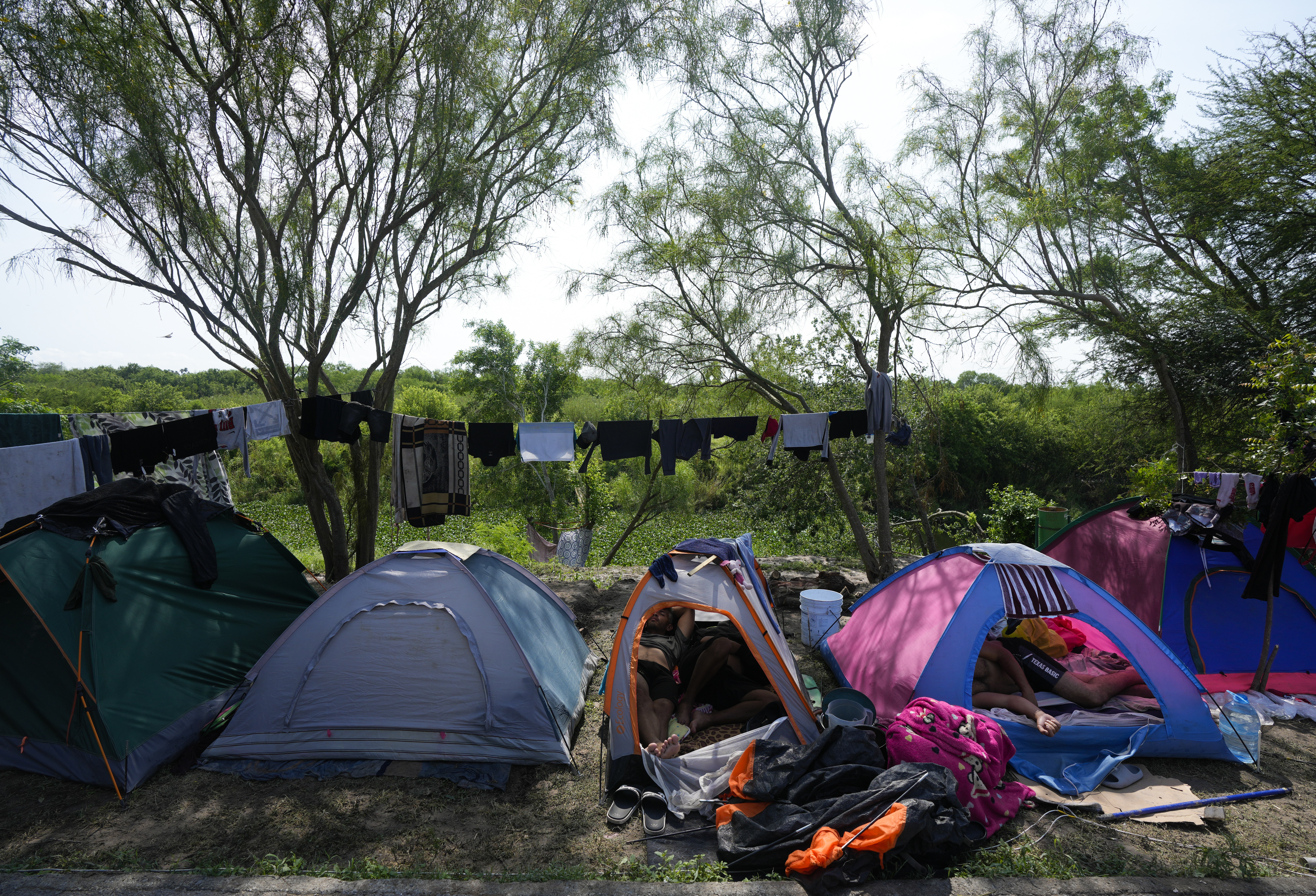DENVER (KDVR) — Denver’s housing market keeps setting new price records because inventory continues to drop across the metro.
In April of 2020, 6,885 houses and duplexes were available for sale across metro Denver. In April of 2021, the number of listings for all attached and detached homes had dropped 62% to 2,594.
“It’s total insanity. Things are going in 24 to 48 hours, 50 grand over asking,” said Vanessa Barcus, a would-be home buyer.
The Problem Solvers met her on April 24 outside a Denver home on Zenobia Street that had just gone on the market. “You have to make the decision in 24 hours whether you’re putting in an offer or not, which is hard. You don’t really have time to sit with it and think about it,” said Barcus.
On any given Saturday, a home for sale will see 50 potential buyers or more scheduled in 15 minute blocks to visit the home and consider a bid.
“It’s nuts,” said Nathan Chavez, another would-be buyer looking at the same house as Barcus. “We’re approved for $400,000 and we’re having to look at $325,000 homes. Under $350,000 because everything is getting like five to six offers at a time,” said Chavez.
How did we get here?
How did Denver’s housing market reach a point where almost every listing turns into a bidding war?
“I wish it was more sinister but it’s a classic supply and demand imbalance,” said Professor Jeff Englestad, who teaches at the University of Denver business college.
“We’ve got a lot of people who want to live here. Colorado is a great place. Denver is a great place. Denver is on everybody’s short list,” said Englestad.
An analysis of U.S. Census figures by The Brookings Institute found Colorado was the third most popular state (behind Texas and Washington) for 25 to 39-year-olds to relocate to since 2015. On average, more than 20,000 young adults move to Colorado every year despite a lack of housing to welcome them.
“This is what 10 years of under-building will get you,” said Englestad who blamed the Great Recession of 2008, when housing went bust.
“Think about how many contractors went broke. Think about how many subcontractors went broke. So think about that supply of labor and expertise in order to build housing,” added Englestad.
“We’re building as fast as we can right now,” said Ted Leighty, the CEO for the Colorado Association of Homebuilders.
“We haven’t been able to keep up with population growth,” added Leighty. U.S. Census figures released last month show Colorado’s population grew 15% in the decade from roughly 5 million people in 2010 to 5.77 million people in 2020.
“There’s just not one solution to this. We didn’t get here because of one reason,” said Leighty.
One of the newest dilemmas is the rising price of lumber.
A year ago 1,000 feet of board sold for $328.50 on the Chicago Mercantile Exchange. Today it’s at an all-time high of $1,300, nearly four times what it was in 2020. The National Association of Homebuilders estimated the increasing price of lumber adds about $35,000 to the cost of an average home.
Plus, there’s a massive labor shortage according to Leighty. “Our average age is now 55 for our skilled trades, so they’re aging and we don’t have that younger skilled labor necessarily replacing them.”
Where things stand
Fewer workers, fewer new homes, add COVID and it meant fewer existing homes hit the market.
“For almost five months last year we were not able to show houses,” said Edie Marks, a real estate agent with the Kentwood Company.
Now Marks doesn’t have enough houses to show. “I’ve been selling real estate in Colorado for 44 years and I’ve never seen the imbalance that we have now between buyers and available properties.”
Marks showed the Problem Solvers one house near the Cherry Creek Reservoir in Englewood, that she planned to list for $850,000. By the time the owners made some minor improvements a few months later Marks said she decided to be more aggressive. “By the time I put it on the market I put it on at $950,000 and had multiple offers. Some as high as $1.1 million and a willingness to go to $1.2 million.”
That reality is why so many folks like Nathan Chavez, who looked at the home on Zenobia Street for $350,000, feel he’s already priced out.
“We look at one that was $370,000 and we’re like yeah, this is great and by the time we talked to our realtor they were like there’s already two offers in there and we’re already above your budget. So we’re having to really lower our search criteria from where we’re approved to where we’re probably going to end up anyway.”
Even if Colorado could somehow double the number of housing permits issued, the Colorado Association of Homebuilders told the Problem Solvers it would still take three years or more to meet demand.

